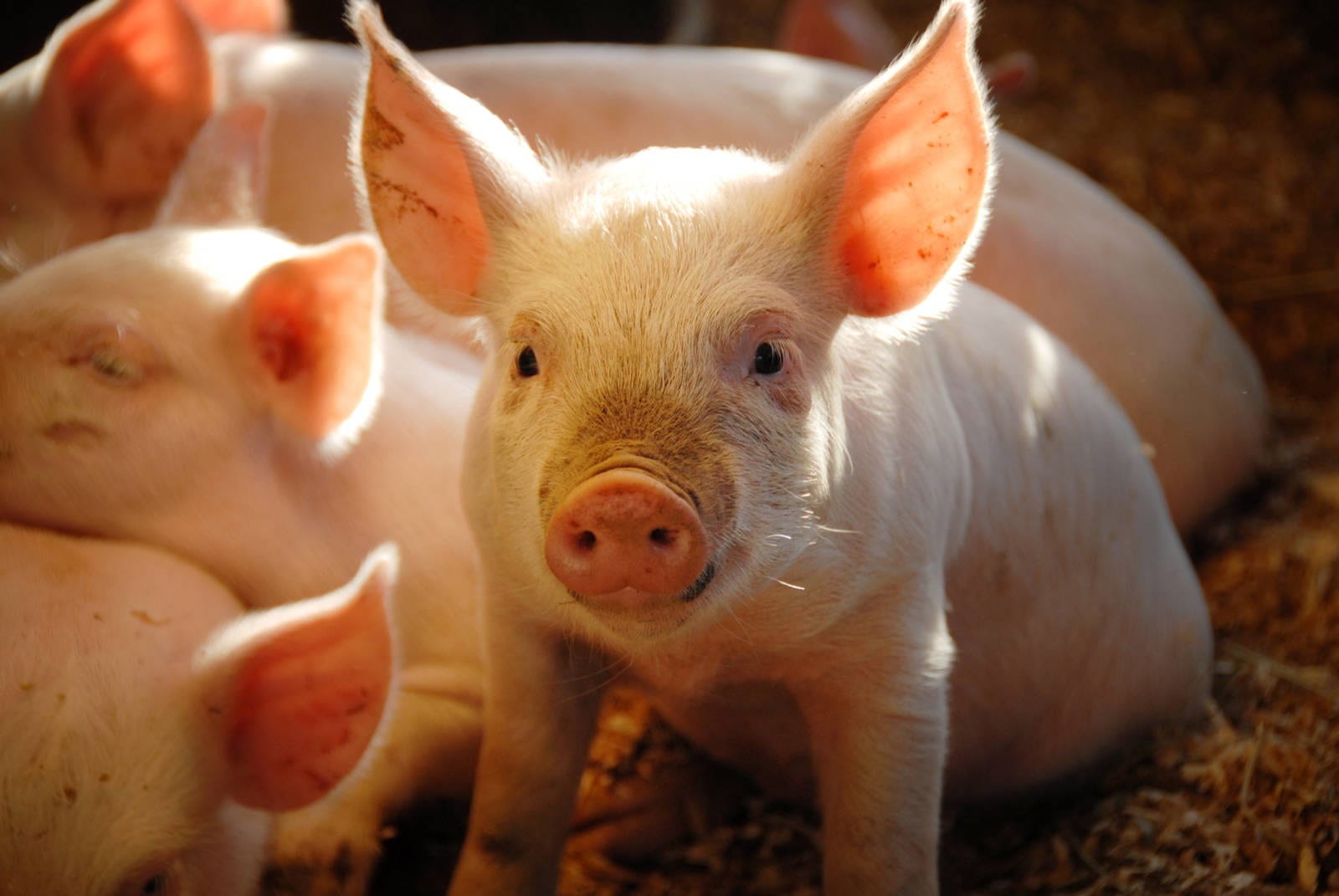Recent work published by researchers at Kansas State University suggests that increasing the percentage of soybean meal in swine diets may result in higher-than-expected energy levels in nursery pigs. The soybean checkoff funded study was based on feeding 2,200 mixed-gender nursery pigs varying amounts of soybean meal over a 21-day period. The findings of those pigs fed soybean meal were then compared with energy levels commonly found in corn diets.
According to swine nutritionist Bob Goodband at Kansas State University, soybean meal was believed to have provided 78% of the energy value as corn. But according to Goodband, the study found that “feeding increasing amounts of soybean meal increases the net energy value to approximately 105% and 121% of the energy provided by corn.” In addition to providing energy, soybean meal is seen as a good source of amino acids that are essential to building protein and muscle growth in swine.
This study is particularly interesting to foreign feed buyers that are faced with adjusting rations in the face of fluctuating market prices. If it has been assumed that the energy value of soybean meal is less than that of alternative feedstuffs such as corn, but still provides much greater protein levels than does corn, then the dual benefit may help soybean meal overcome more advantageous corn prices. Goodband notes that this study “will hopefully be a potential benefit for producers by making pigs more efficient… and see improvements in gain and efficiency.”
